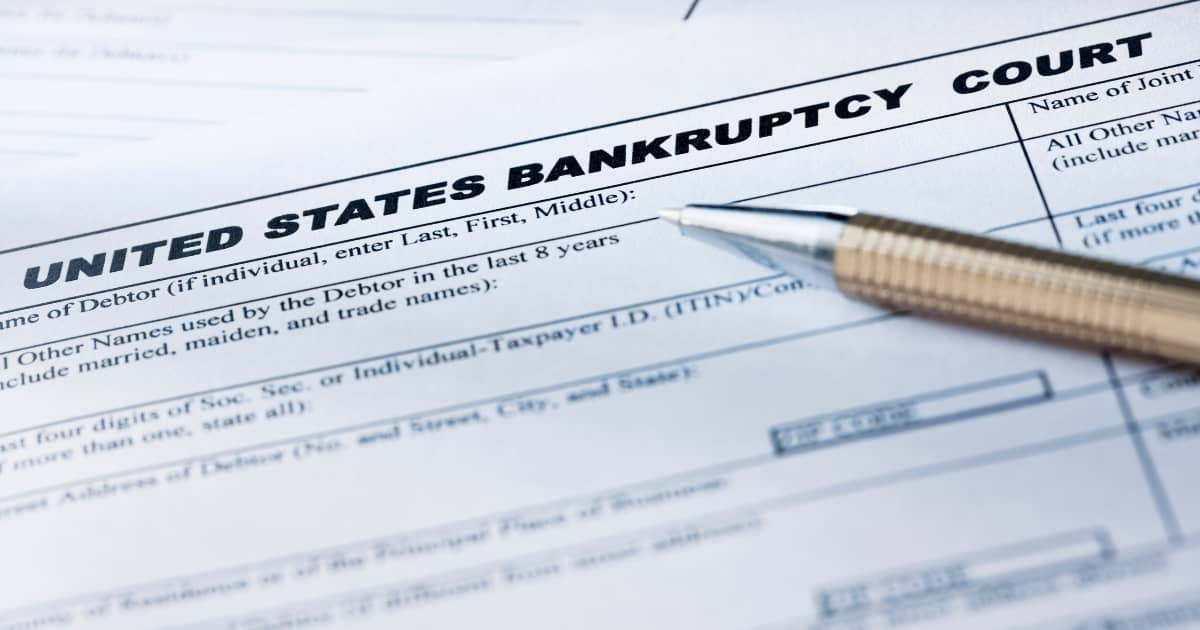
Bankruptcy is a difficult and often scary experience. Many people face debt due to medical problems, unemployment or divorce, and other circumstances beyond their control. When this happens, it can be devastating to your life and finances.
The good news is that bankruptcy does not disqualify you from getting a job. In fact, it is prohibited by federal law for both government and private employers to discriminate against potential employees or employees on the basis of bankruptcy.
You Are Free to Change Your Career While Filing for Bankruptcy
While it is a possibility that an employer may find out about your bankruptcy, there is no legal way for them to fire you or deny you employment just because of it. If you have a good reason to want to leave your job, you should discuss this with your attorney. You should also be aware that filing for bankruptcy will put your case in public records, which means anyone can access it.
Your Bankruptcy Will Not Affect Your Credit Score
When you file for bankruptcy, your creditors report the information to the credit reporting agencies. This can affect your credit scores, which will be considered when you apply for a new job.
If you are applying for a job that requires you to be financially responsible, such as a management or accounting position, a bankruptcy will probably be looked at in a negative light. However, this is a very rare circumstance.
Similarly, if you are employed by a law enforcement agency, or work for a company that contracts with the government, your employer is likely to check your credit as part of the hiring process. If they do not hire you because of your bankruptcy, you can seek a rescinding of the job offer in court.
Aside from this, your financial status will not impact your chances of landing a security clearance. This is because a security clearance is a means of protecting the sensitive information of an organization. If you are in the military or work for a company that provides security clearance to agencies like the CIA, FBI, or other government organizations, your job can be threatened by someone with debt who is willing to pay a bribe to gain access to your government data.
You Will Have to Report Your Bankruptcy if You Are a Professional
If you are a doctor, lawyer, accountant, or other professional, you will have to report your bankruptcy to the relevant licensing boards. If you don’t, you may lose your license, which could prevent you from working in your field.
Depending on the type of bankruptcy you file, your debts will be discharged or a repayment plan will be established. If you file for Chapter 7, the creditors will be able to take back their property and sell it, while if you file for Chapter 13, they will be repaid. Either way, your bankruptcy will improve your credit status and give you a better chance of getting a security clearance.





